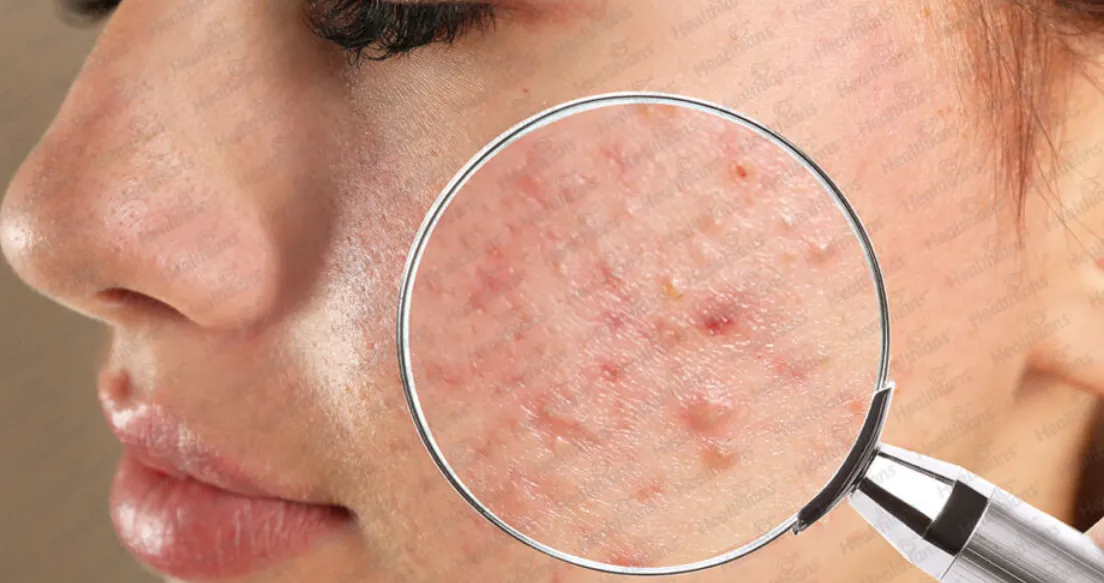When it comes to skin concerns like acne, eczema, and other chronic conditions, the right care can make a world of difference. These skin issues not only affect your physical appearance but can also impact your mental and emotional well-being. Fortunately, advancements in dermatology and skincare make it easier than ever to manage and improve these conditions.
This blog will explore effective strategies for advanced skincare to help you tackle acne, eczema, and other issues while maintaining healthy, radiant skin.
Understanding Common Skin Conditions
Acne – More Than a Teenage Trouble
Acne is one of the most common skin conditions, affecting people of all ages. While it is often associated with puberty, adult acne has become increasingly prevalent due to hormonal imbalances, stress, and lifestyle factors.
Types of Acne include:
- Blackheads and Whiteheads (non-inflammatory acne)
- Pustules and Papules (mild inflammation)
- Cystic Acne (severe and often painful)
Treatments for acne range from over-the-counter creams to prescription medications, avoiding harsh scrubs or cleansers that might irritate the skin. Consulting an expert like a dermatologist in Murray may be the best course of action if acne becomes chronic or resistant to common treatments.
Eczema – Causes and Treatment
Eczema, also known as atopic dermatitis, is a chronic skin condition that causes red, itchy, and inflamed patches of skin. It often results from a combination of genetic, environmental, and immune system factors.
Common Triggers for Eczema Include:
- Allergens such as pollen, mold, or pet dander
- Irritants in soaps, detergents, and cosmetics
- Stress or hormonal changes
Eczema management typically involves gentle skin care routines, moisturizers designed for sensitive skin, and topical treatments to reduce inflammation. For severe flare-ups, dermatologists may prescribe phototherapy or immunosuppressant medications.
Advanced Skincare Solutions
Personalized Dermatology Treatments
One of the most effective ways to address persistent skin conditions is through customized treatment plans tailored to individual needs. Board-certified dermatologists can assess your unique skin type, identify specific triggers for flare-ups, and offer treatments such as chemical peels, advanced laser therapy, or specialized prescription medications.
Ingredient-Focused Skin Care
Understanding the active ingredients in skincare products can be a game-changer. Keep an eye out for these dermatologist-recommended ingredients to enhance your routine:
- Salicylic Acid and Benzoyl Peroxide for acne treatment
- Hydrocortisone and Colloidal Oatmeal for soothing eczema
- Hyaluronic Acid and Ceramides for intense hydration
Lifestyle and Diet Modifications
Your lifestyle plays a significant role in skin health. Stress management, a diet rich in antioxidants, and staying hydrated can improve your skin from the inside out. Foods such as leafy greens, nuts, and fatty fish like salmon are ideal for promoting healthy, glowing skin.
Upgrading Your Daily Routine
Consistency is key for any skincare routine. For acne-prone individuals, a gentle cleanser and oil-free moisturizer are essentials. For eczema sufferers, using a hydrating, fragrance-free lotion can lock in moisture and soothe inflamed areas.
How to Ensure Long-Term Skin Health
Beyond managing chronic skin conditions, building habits that contribute to long-term skin health can prevent future problems. Regular visits to a trusted dermatologist are essential to keep your skin’s health monitored and your treatments optimized.
Additionally, always protect your skin from harmful UV rays by wearing sunscreen daily. Dermatologists universally recommend broad-spectrum SPF products that shield against both UVA and UVB rays for maximum safety.



